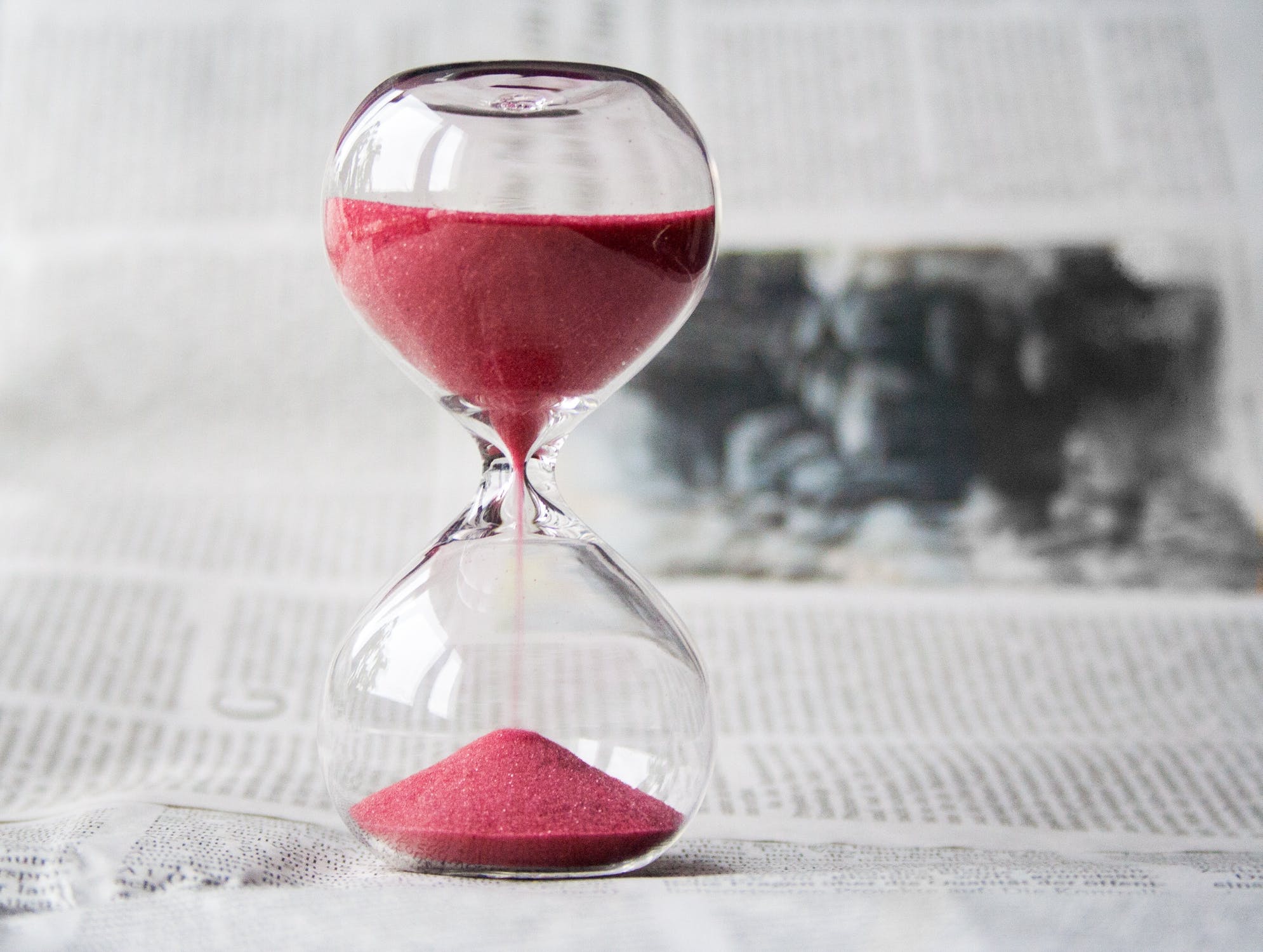 Basic Tips for Writing a Grant Request
Basic Tips for Writing a Grant Request
Summer is looming on the horizon and our blog will also enjoy a little summer break. We look forward to seeing you back in September with some new posts about the PhD. But before that, we propose you an article dealing with the writing of grant requests.
Research needs funding from third parties, mainly public funding providers. The competition to obtain research grants may be very intense, making it challenging to write a request. Indeed, the Swiss National Science Foundation (SNF) received 7’404 proposals and funded 3’465 of them in 2019, a little less than 50 %. Though writing proposals for grants may be difficult, it is an essential process for scientists who would like to have a successful research program. This process is even more difficult for early career researchers whom are trying to differentiate themselves from their colleagues and need to demonstrate their autonomy from their supervisors while developing their own new and innovative ideas and concepts. For our last post of the season, we present you some basic tips that may help you to write a successful research grant request. Think also about the courses proposed by the CUSO transversal program regarding this topic.

 The workspace: how to optimize our office?
The workspace: how to optimize our office?
In past weeks, many of us have had to reorganise our domestic space and devote part of the living room, bedroom or kitchen to work. In our first blog post of this series, we mentioned the importance of delimiting areas intended for rest from those intended for productivity. What did we learn from this experience? What can we bring back to the office when we return to university?

 Time Management Tips for Your PhD
Time Management Tips for Your PhD
During a PhD, time always feels scarce and the days seem to fly by pretty quickly. Combining this with the pressure of the number of things you have to accomplish, the need to achieve a high standard and perhaps a certain lack of clear guidance, you may easily feel stressed. Moreover, completing a PhD is usually an individual process where your progress mostly depends on your own motivation and your organizational skills. For sure, having good time management strategies can be vital and may help reduce anxieties. Time management is all about to make the most efficient and effective use of the time you have, and allows you to deal with your duties, to meet deadlines, and to progress towards achieving your private and professional goals.

 Towards progressive deconfinement: what do we want to keep from this experience?
Towards progressive deconfinement: what do we want to keep from this experience?
A new phase seems to be on the horizon: we are all going to have to reorganize our lives and our routine once again. Nothing is certain, except that we still have a good opportunity to exercise our thinking... And many of us may be able to pick up on some of the experiences we've had during this period.

 Tips for PhDs on working from home
Tips for PhDs on working from home
The Covid-19 pandemic has created unprecedented situation throughout the world, but also within the academic sphere. As universities have closed, researchers are now dislocated and a lot of PhD students are currently experiencing a transition to working from home, far from their office, their lab or their library. The anxiety of this exceptional situation is compounded by personal concerns: coping and supporting family and friends who are ill or at-risk, taking care of children during school closures or fighting feelings of social isolation. This article tries to provide some tips for PhD students to help them to alleviate pressure, organize the transition to working from home and maintain mental wellness.



 Blog en français
Blog en français